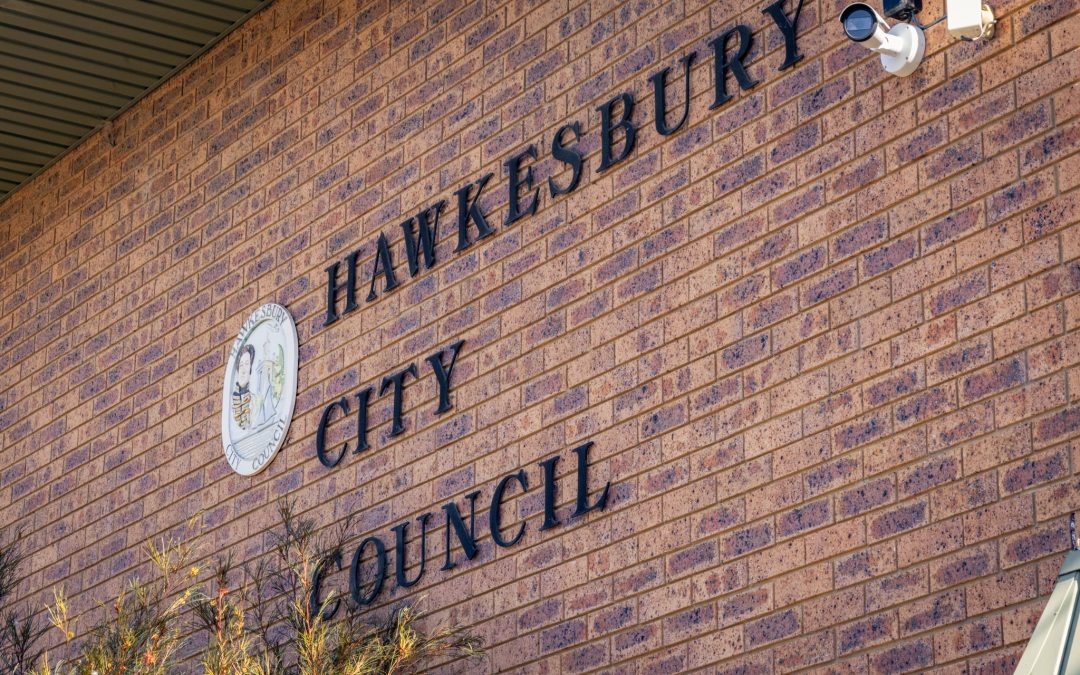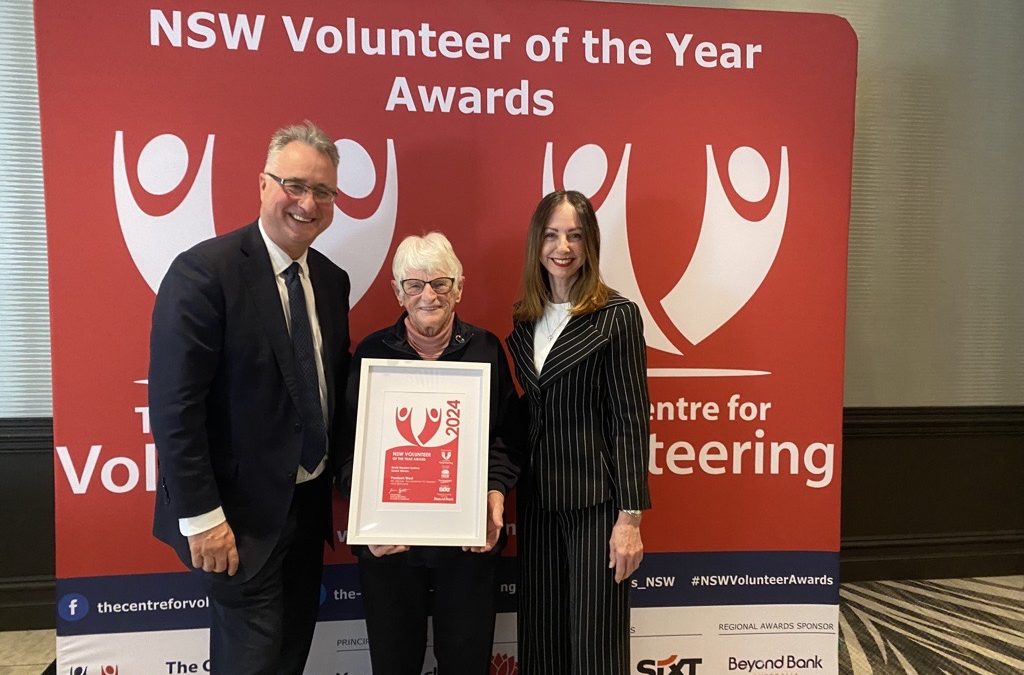Hawkesbury Post contacted all...


Hawkesbury Post contacted all...

In a heartwarming recognition of community...

After more than two decades of dedicated service, the...
New homes that are both energy inefficient and thermally unsafe continue to be built because the NSW Building Sustainability Index (BASIX ) is relying upon outdated climate data. To date the Index is regarded as one of the strongest sustainable planning measures in Australia and aims to reduce the environmental impact of new homes.
The revelations came in a recent study by Western Sydney Regional Organisation of Councils (WSROC) in collaboration with environmental consulting firm WSP and the University of New South Wales that has been the basis of a submission to the state government
The study found that BASIX-compliant homes designed for a historical climate become thermally unsafe when tested in 2030 and 2050 climate conditions. Current standards prioritise heating over cooling, resulting in homes that will neither be energy-efficient nor heat-resilient, increasing energy demand, bills, emissions, and health impacts.
In a submission to the government’s inquiry into the planning system and climate change impacts WSROC said that outdated planning data is placing lives at risk. Heat-related deaths surpass those caused by fires, floods, and storms combined, with over half occurring within residential buildings between 2001-2018, according to WSROC’s submission.
“In a 2020 survey, the community expressed equal concern about heat compared to bushfires, citing its effects on physical and mental health, quality of life, cost of living, and disruptions to work, transport, and energy,” it said.
The organisation has called on the Minns government for comprehensive changes to the existing planning system to combat the severe impacts of rising temperatures in the region.
To address this, WSROC recommends a thorough review and update of BASIX and the Sustainable Building SEPP, incorporating more representative climate files. The aim is to encourage the construction of buildings designed for future climates, minimising cooling energy consumption and enhancing heat resilience. Additionally, WSROC is calling for a focus on thermal safety to ensure dwellings can maintain an acceptable indoor environment during extreme weather events without relying solely on mechanical heating and cooling systems.
The submission said that despite progress in integrating heat resilience into Local Environmental Plans (LEPs) and Development Control Plans (DCPs) by some local councils, approximately half of new housing development in high-risk areas of Western Sydney bypasses council planning pathways.
Last week Hawkesbury Cr Barry Calvert was re-elected as President of WSROC for his fourth term.